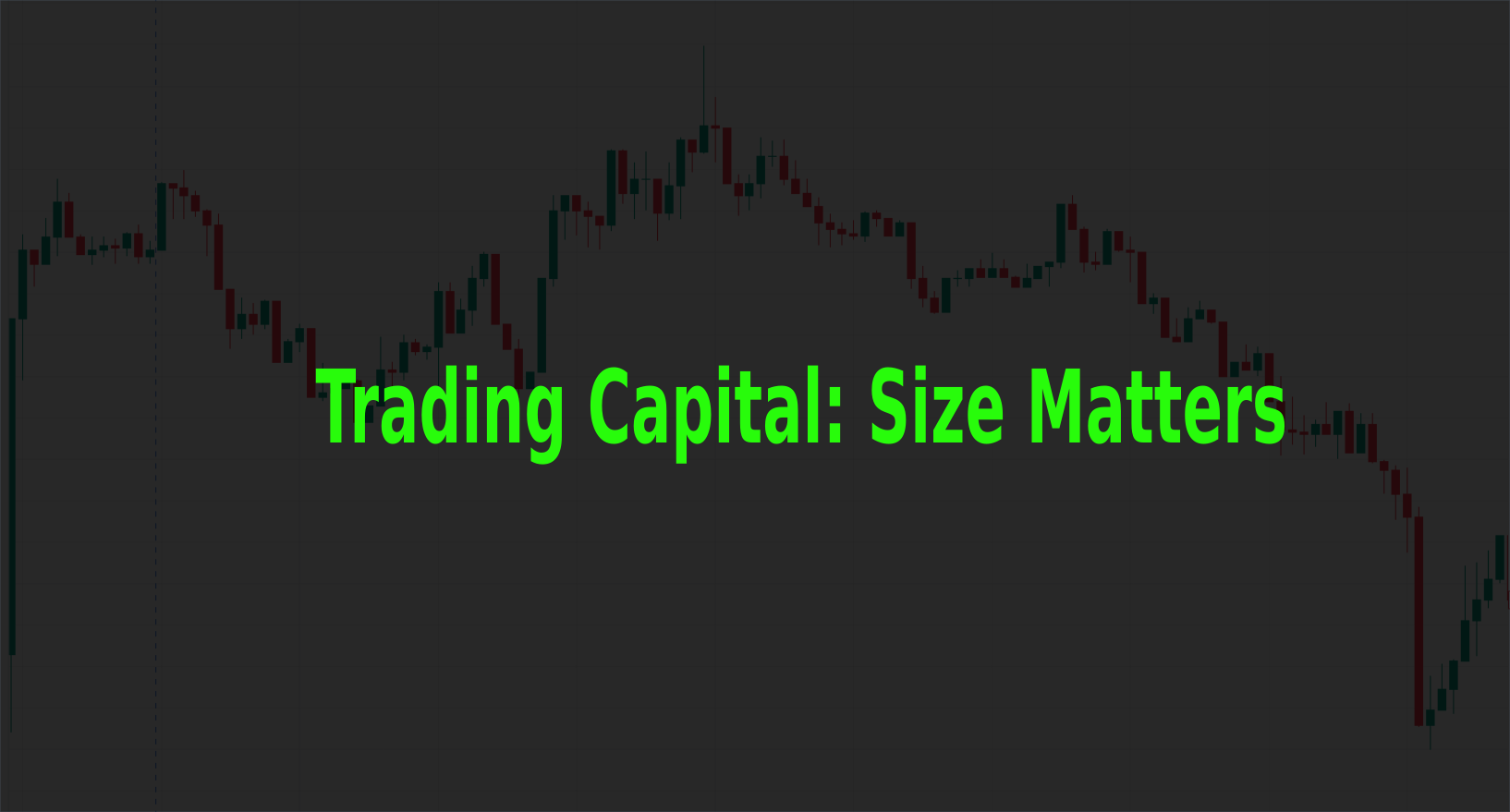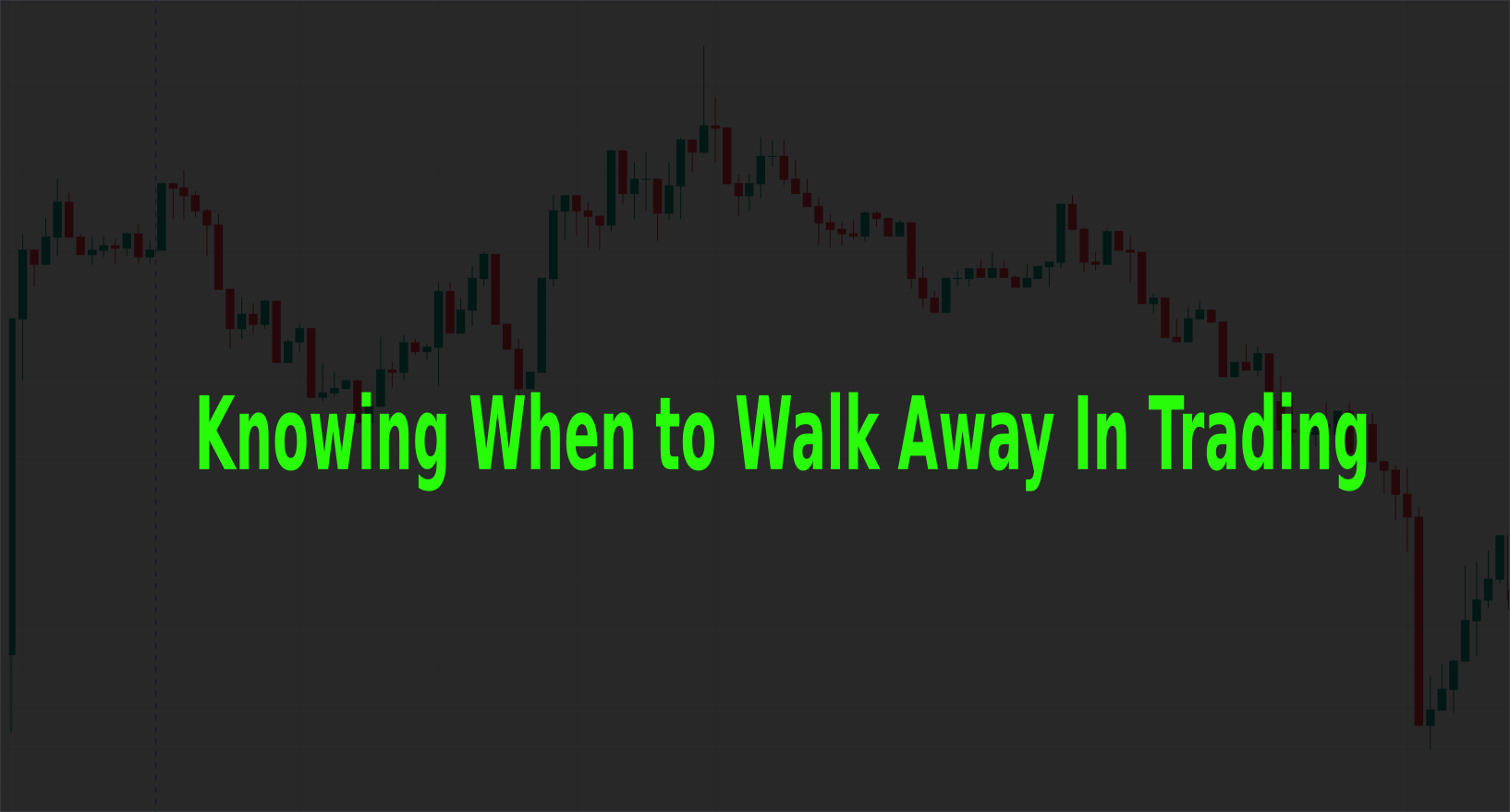
How much capital does one need to start trading? Every person who is new to trading asks this question. It’s often the first question that pops up at trade shows and in trading-school classes. But is it the right question to ask? The answer may not be as obvious as it seems. Viewed from a conventional standpoint, one might think that all you need is the minimum amount required to open an account by your brokerage firm.
When it comes to trading capital, size does matter. The amount of capital available for trading plays a crucial role in determining the scope and potential returns of a trading strategy.
The regulators set minimums that vary according to whether one will be trading stocks, options, futures contracts or perhaps a combination of these vehicles, but in practice, the various brokerage firms can, and frequently do, require customers to open accounts with a greater amount than the statutory minimum. It is important to realize, however, that merely meeting the account-size minimum does not necessarily put one in good stead to begin a trading career.
Significance Of Trading Capital And Its Impact On Trading Success
-
Risk Management:
Trading capital serves as a buffer against potential losses. Adequate capital allows traders to implement proper risk management techniques, such as position sizing and diversification. With a larger trading capital, traders can allocate a smaller percentage of their capital to each trade, reducing the risk of significant losses. This helps protect the overall trading portfolio and ensures longevity in the markets.
-
Market Opportunities:
Trading with larger capital enables traders to seize a broader range of market opportunities. Some trading strategies, such as those involving low-priced or illiquid assets, require larger capital to execute effectively. Moreover, certain trading styles, such as scalping or high-frequency trading, may necessitate larger capital to take advantage of small price movements and generate meaningful profits.
-
Psychological Stability:
Trading with a sufficient amount of capital can help maintain psychological stability. Having a smaller trading capital can lead to heightened emotions and increased stress, as each trade carries a larger weight in relation to the overall portfolio. Conversely, a larger capital base allows for more flexibility and reduces the psychological pressure associated with individual trade outcomes.
-
Investment Returns:
In general, a larger trading capital has the potential to generate higher investment returns. With more capital available, traders can take advantage of larger position sizes, thus amplifying potential gains. However, it is crucial to note that larger capital also magnifies losses, making risk management even more critical.
-
Trading Costs:
Trading costs, such as commissions and slippage, are often proportional to the trading size. Traders with larger capital may benefit from reduced transaction costs as they can negotiate lower commission rates or access volume-based discounts. This cost advantage can contribute to improved trading profitability over the long term.
-
Flexibility and Adaptability:
Trading with a larger capital base provides traders with greater flexibility and adaptability. They can explore diverse markets, test multiple strategies simultaneously, and allocate capital to different asset classes or trading styles. This versatility allows traders to optimize their portfolio and adapt to changing market conditions.
It is essential to recognize that trading capital alone does not guarantee success. Effective risk management, a robust trading strategy, and continuous education and improvement are equally vital. Regardless of the size of one’s trading capital, disciplined execution and adherence to a well-defined trading plan remain paramount.
In conclusion, trading capital plays a significant role in determining the success and scope of a trading strategy. It influences risk management practices, market opportunities, psychological stability, investment returns, trading costs, and overall flexibility. Careful consideration of trading capital allocation is crucial for traders to optimize their trading performance and achieve their financial goals.

